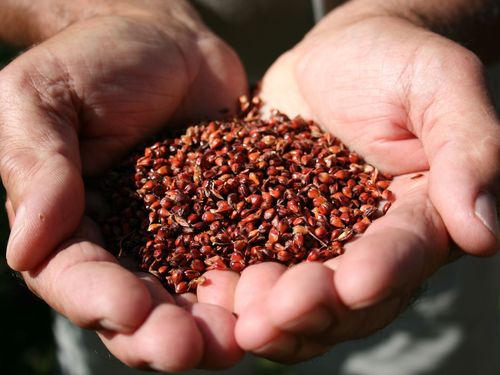Since the UNESCO Convention for the Safeguarding of the Intangible Cultural Heritage has come into effect, the Austrian Commission for UNESCO has accompanied the ratification process in Austria and has been entrusted with the implementation of the Convention at the national level since Austria's ratification in 2009. Its central tasks include the implementation of awareness-raising measures aimed at the safeguarding, transmission and promotion of the intangible cultural heritage in Austria and to draw-up an Inventory of the Intangible Cultural Heritage in Austria.
The Austrian UNESCO commission:
- has access to a network of expert institutions and experts;
- takes measures to promote the intangible cultural heritage in society;
- provides advice on good practices and recommends measures for the safeguarding of intangible cultural heritage;
- encourages studies and research projects on intangible cultural heritage;
- draws attention to the significance of institutions of further and higher education in the process of passing on intangible cultural heritage;
- encourages the identification and documentation of intangible cultural heritage.
The Austrian Commission for UNESCO consciously focuses on local knowledge that has been transmitted for generations, in addition to the well-established field of “Volkskultur” [folk culture] (regional songs, music, dance and storytelling, etc.). In the age of climate change and globalisation, such immersion can generate motivation for individuals to participate in sustainable development.
With financial support from



![[Translate to EN:] © J. Ségur/ZED, with the permission of UNESCO](/fileadmin/_processed_/d/b/csm_Convention-2003-IKE_0832a6a47d.jpg)
![[Translate to EN:] © ÖUK](/fileadmin/_processed_/3/9/csm_P1011318_7eac86402f.jpg)

![[Translate to EN:] © Weitblickfilm](/fileadmin/_processed_/9/8/csm_Workshop_17_2dee1e1fd8.jpg)